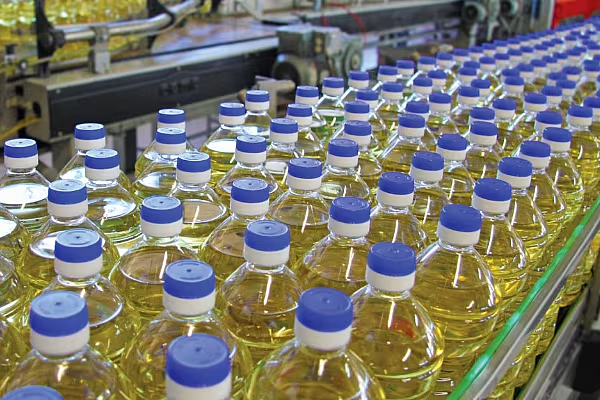Serbian government has restricted the quantities of wheat, corn, flour and cooking oil slated for export to confront risks of market disturbances caused by the rise of demand on the international and local markets.
Last month, Serbia banned exports of basic food staples to counter price increases caused by Russia's invasion of Ukraine but then gradually started to make exceptions under pressure from the Serbian trade chamber and wheat producers, who complained they could lose traditional markets.
The government said it has introduced temporary export restrictions on a monthly basis and for the certain period of time. It did not provide detail in a statement.
Serbia, balancing its ambition to join the European Union with its historical ties to Russia, has not introduced sanctions against Moscow despite pressure to harmonise its foreign policy with the EU as a candidate country.
In March of this year, Portuguese retailers started rationing certain food products, especially cooking oils, as a consequence of Russia's invasion of Ukraine.
Wheat Exports
Elsewhere, European Union wheat exports are expected to jump and maize imports plunge in 2022/23 as grain markets adjust to the war in Ukraine, the European Commission said in its first outlook for the next crop season.
The Commission forecast that EU exports of common wheat, or soft wheat, would reach 40 million tonnes in the 2022/23 season that begins in July, up from 33 million expected in 2021/22.











